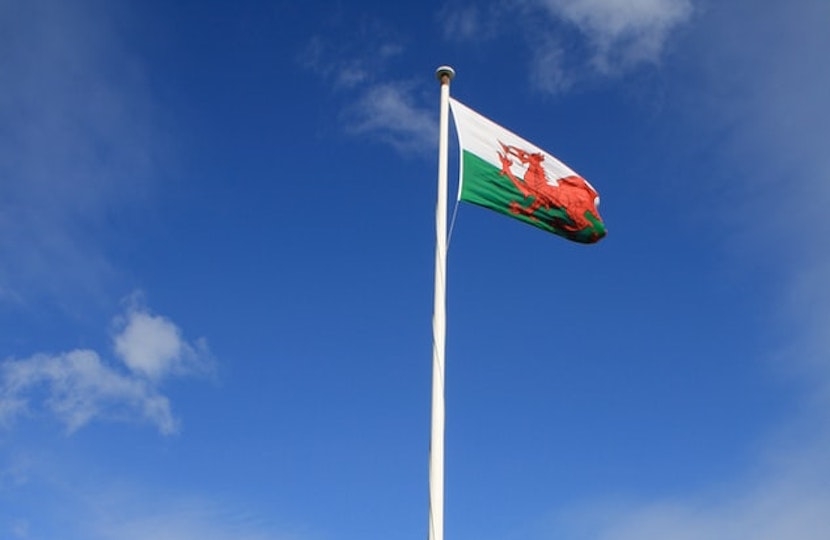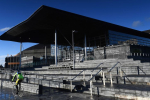
Several days ago, I was selected to be the Welsh Conservative candidate for Dwyfor Meirionnydd in next year’s Senedd election. I of course was delighted- Dwyfor is a rural constituency that extends from the most southerly point of Snowdonia National Park, as east as Bala and as west as the Llyn Peninsula. It has thriving tourism and agriculture sectors and a strong and unique Welsh identity with the Welsh language an integral part of Dwyfor Meirionnydd’s sense of place, with over eight-five percent of residents on the Peninsula speaking it.
I was welcomed by most- fellow Conservatives and constituents alike. However my social media feed was busier than normal, with the regular abuse I have become accustomed to from Welsh nationalists rearing its ugly head again.
One user told me ‘Welcome to Wales’ which I found a little strange given I was raised and have lived in Wales virtually my whole life with a brief interregnum for six months just over the border. Another said the Tories hate Wales, which again was news to me- I wouldn’t be standing for a party that hated the very place I call home.
As a candidate in a local council election several years ago, I found myself on the receiving end of much worse behaviour than a few snarky tweets. Despite enjoying the experience of pounding the streets as a candidate knocking on doors and canvassing, I was struck at the unpleasant attention I received on Welsh nationalist blogs and from cyber nationalists on Twitter and Facebook. Many thought I were an English sleeper agent or un-Welsh. The less charitable thought I was explicitly anti-Welsh.
I strongly resent such attacks- Wales speaks to who I am. Wales has so much to be proud of- and speaks to my own conservative instincts too. We in Wales value family and local communities in the form of the rugby club, the pub, the village hall, the church. We value rural life, the heartbeat of this great nation. We love the arts and beauty, from the artisan streets of Portmeirion to the poetry of Dylan Thomas. We value our rich history and culture, with our language thriving despite historic attempts to curb it. We are a country of the unique customs seen in our Eisteddfods. We are a nation known for its great religious revivals where Nonconformism spread, where church and family life were at the heart of the human experience. Our natural conservatism leads us to sustain institutions where we as people find deep meaning- in essence, it is what makes Wales tick.
Where Welsh unionists such as myself and nationalists vastly differ however, rests in that being Welsh is not any contradiction with my real sense of being British too. Arguments for and against Britain’s existence has focused far too much on economics- whilst the economic case for the Union is strong it cannot come close to the idea that to be British is to be who I am also, and the same goes for millions of Welsh men and women to varying strengths of feeling.
Neil Oliver gave his own brilliant perspective:
‘I am a British Scot and the Britons are my family, all of them. I don’t give a fig for politicians and I certainly don’t allow my feelings about the present bunch to blind me to what Britain actually is – no more than I would let this year’s crop of midges blind me to the beauty of the Highlands. I set aside my feelings concerning the latest incumbents of various parliaments on the grounds that they – and all of us besides – are temporary tenants. These islands of ours are rented accommodation whether we like it or not, and sooner or later we will vacate the place for new occupants. You don’t burn down the house just because you don’t care for those living in it now. Keep the house together. This house of ours is the work of 300 years (and the rest).’
Plaid Cymru and the nationalists do not have a monopoly on what it means to be Welsh. Without my strong sense of being Welsh, I would not be me. So in that confidence, it’s about time unionists and others in Wales are not bullied out of the conversation, for committing the sin of believing that we feel British too.



